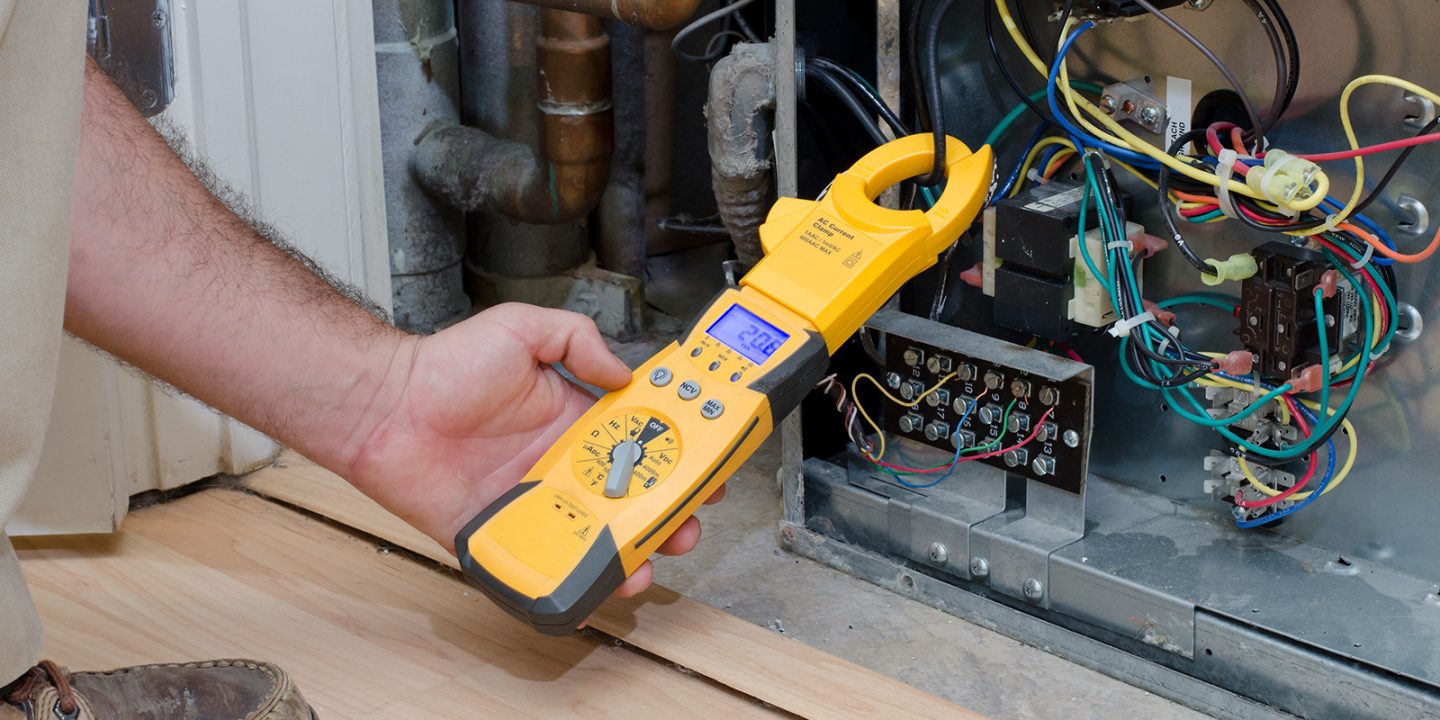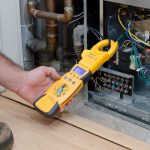
Your HVAC system is the backbone of home comfort, ensuring consistent heating in winter and cooling in summer. But how often should you service it to keep it running efficiently and avoid unexpected breakdowns? This blog provides a comprehensive seasonal guide and answers 15 common questions to help you care for your HVAC system effectively.
Why HVAC Maintenance Matters
HVAC systems work tirelessly to keep your home comfortable, but neglecting regular servicing can lead to reduced efficiency, higher energy bills, and unexpected breakdowns. Scheduling routine maintenance ensures:
- Consistent heating and cooling.
- Improved energy efficiency and lower costs.
- Extended lifespan of your system.
- Better indoor air quality.
The Importance of Regular HVAC Servicing
Your HVAC system works tirelessly year-round, but without routine servicing, its performance and efficiency can decline. Regular maintenance helps:
- Improve energy efficiency.
- Extend the lifespan of the system.
- Prevent costly repairs.
- Enhance indoor air quality.
- Maintain consistent home comfort.
Seasonal Maintenance Guide
Spring: Preparing for the Summer Heat
- Clean and inspect air conditioner coils.
- Test refrigerant levels and refill if needed.
- Check and calibrate the thermostat.
- Clear debris from outdoor units for proper airflow.
Fall: Getting Ready for Winter Heating
- Inspect the furnace or heat pump for damage or wear.
- Clean the burners and heat exchanger.
- Test safety controls and the pilot light.
- Check ducts for leaks or blockages.
Monthly Maintenance for Homeowners
- Replace or clean air filters every 1–3 months.
- Ensure air vents are unobstructed.
- Check outdoor units for leaves, dirt, or snow buildup.
How Often Should You Service Your HVAC System?
The general rule is to service your HVAC system twice a year:
- Spring: Prepare your air conditioner for summer.
- Fall: Get your heating system ready for winter.
In addition, homeowners should replace air filters every 1–3 months and perform basic monthly maintenance tasks like clearing debris around outdoor units.
The Benefits of Regular HVAC Maintenance
- Extended Lifespan: Routine care prevents wear and tear, helping your system last longer.
- Energy Savings: Clean and efficient systems use less energy, saving you money on utility bills.
- Better Air Quality: Maintenance reduces allergens and improves the health of your indoor environment.
- Peace of Mind: Avoid unexpected breakdowns and enjoy consistent comfort year-round.
Regular HVAC maintenance is essential to keep your home comfortable, efficient, and healthy. By following a seasonal servicing schedule and addressing issues promptly, you’ll save money, improve your system’s performance, and enjoy a better quality of life.
Don’t wait for your system to break down—schedule your next HVAC service today!
Question & Answer (Q & A)
1. How often should I service my HVAC system?
You should service your HVAC system twice a year—once in the spring for cooling and once in the fall for heating.
2. What happens during an HVAC service?
A professional HVAC service typically includes cleaning components, checking refrigerant levels, testing thermostats, inspecting electrical connections, and ensuring the system operates efficiently.
3. How long does a standard HVAC service take?
A routine maintenance appointment usually takes 1–2 hours, depending on the size and complexity of your system.
4. How can regular servicing extend the life of my HVAC system?
Regular servicing prevents wear and tear, catches small problems early, and ensures components are operating efficiently, extending the lifespan of your system.
5. What are the signs my HVAC system needs immediate servicing?
Unusual noises, weak airflow, inconsistent temperatures, foul odors, or a sudden spike in energy bills indicate your system needs attention.
6. How often should I replace my air filters?
Replace air filters every 1–3 months, or more frequently if you have pets, allergies, or live in a dusty environment.
7. What’s the best time to service an HVAC system?
Spring and fall are the best times, as they prepare your system for the high-demand summer and winter months.
8. How does HVAC servicing improve energy efficiency?
Cleaning and tuning up your system reduces energy waste, lowers utility bills, and ensures it runs at peak efficiency.
9. Can I perform HVAC maintenance myself?
You can handle basic tasks like changing filters, clearing debris from outdoor units, and cleaning vents, but professional servicing is still essential.
10. What happens if I skip HVAC maintenance?
Neglecting maintenance can lead to higher energy bills, frequent breakdowns, poor indoor air quality, and reduced system lifespan.
11. How do I know when to replace my HVAC system?
Consider replacement if your system is over 15 years old, requires frequent repairs, or struggles to maintain desired temperatures.
12. Is HVAC maintenance required for new systems?
Yes. Even new systems need regular servicing to ensure they remain efficient and comply with warranty requirements.
13. How does HVAC maintenance improve indoor air quality?
Servicing removes dust, allergens, and mold from the system, improving the air you breathe.
14. What should I do to prepare for an HVAC service appointment?
Clear access to your HVAC unit, remove any obstacles, and have a list of any issues or questions for the technician.
15. Are HVAC maintenance plans worth it?
Yes. Maintenance plans provide regular checkups, priority service, and discounts on repairs, saving you money and hassle in the long run.
16. How can I reduce my HVAC system’s energy consumption?
Regular maintenance, sealing ducts, upgrading insulation, and using a programmable thermostat can help lower energy use.
17. Should I service my HVAC system if I don’t use it often?
Yes. Infrequent use doesn’t prevent wear and tear, and long periods of inactivity can lead to issues.
18. Can an unserviced HVAC system cause health problems?
Yes. Dirty systems can circulate dust, mold, and allergens, negatively impacting respiratory health.
19. How often should I have my ductwork inspected?
Ductwork should be inspected every 3–5 years, or sooner if you notice reduced airflow or unusual odors.
20. What’s the difference between HVAC repair and maintenance?
- Maintenance: Preventative care to ensure the system runs smoothly.
- Repair: Fixing specific issues or failures in the system.







